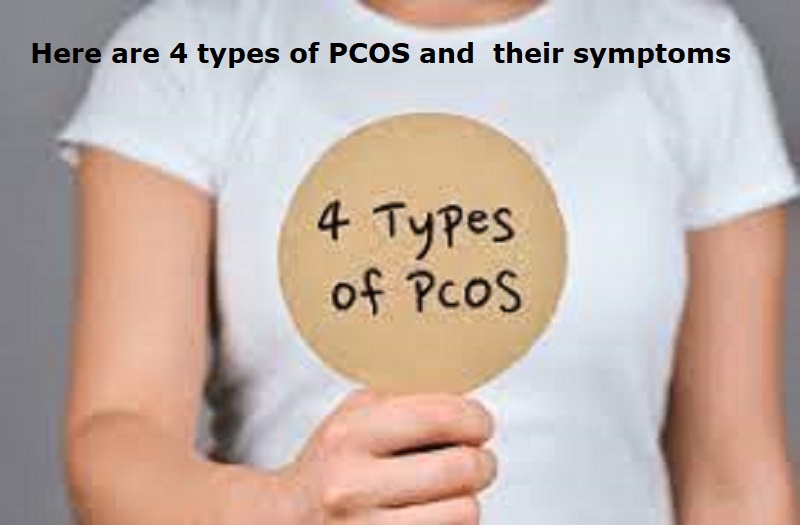
Polycystic ovary syndrome, also called PCOS, affects 1 out of every 5 women in India. In women of reproductive age, it is one of the most common endocrine complications that leads to hormonal imbalance. The condition is not really a disease, but rather a medical condition. PCOS can be managed with lifestyle changes that include clean, plant-based nutrition and holistic living.
In the case of PCOS, the ovaries create abnormally high levels of androgens, the male sex hormones that are typically present in women in trace amounts. The many little cysts (fluid-filled sacs) that develop in the ovaries are known as polycystic ovarian syndrome. PCOS can be of 4 different types. These types being Insulin Resistance, Post pill, Adrenal and Inflammatory
Here are 4 types of PCOS and their symptoms:
1. Insulin Resistance: Over 70% of persons have this kind of PCOS. In essence, insulin resistance occurs when the body has higher-than-normal levels of insulin, or hyperinsulinemia.
Symptoms:
Irregular Periods
Weight gain
Facial Hair
Cravings
Hair Fall
2. Post Pill: Some people who quit taking the oral contraceptive pill develop post-pill PCOS.
Symptoms:
Scanty Periods
Weight gain
Facial Hair
Fatigue
Hair Fall
Also Read: Know all about ‘Water Sex’
3. Inflammatory: Chronic inflammation in inflammatory PCOS causes the ovaries to produce too much testosterone, which leads to physical discomfort and problems ovulating. Headaches, joint discomfort, unexplained exhaustion, eczema, and IBS are all indications of inflammation in this form of PCOS.
Symptoms :
Bloating
Acne
Cysts
Stubborn Weight
4. Adrenal: Around 10% of persons with the diagnosis have this kind of PCOS.
Symptoms :
Fatigue
Depression
Anxiety
Mood Swings

Post Your Comments